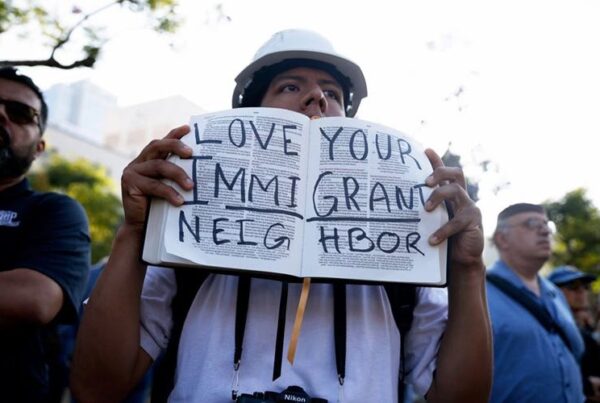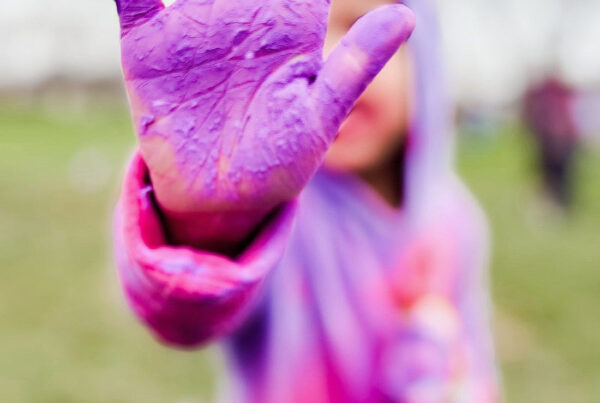Independence Day, Freedom Day, or Liberation Day are terms used when countries celebrate their freedom from oppressive forces. But what happens when the oppressor is your own country?
What happens when you are made to feel like the “other”? When the laws, systems, and structures of your government and society at large are designed to keep your community marginalized? When the faith community you belong to is at the center of, or complicit in, that injustice?
The Declaration of Independence of the United States declares that people have the right to revolt against a government that tries to take away their rights to life, liberty, and the pursuit of happiness. It states: “That whenever any Form of Government becomes destructive of these ends, it is the Right of the People to alter or to abolish it, and to institute new Government.” Just because something is legal does not make it right. Just because a country claims to be the best example of a Christian nation, does not make it so.
Statements such as, “There is nothing more American than the 4th of July and apple pie.” leave a bad taste in the mouth of many BIPOC. Our understanding of history—whether 1619, 1776, 1865, 1942, or 1954— is exactly why none of us are trying to make America “great” again. We don’t want a repeat of separating children from parents, internment, detention, or boarding schools (all within our grandparents’ lifetimes). We want collective flourishing and to live into the reality that there is enough for all.
What then is the 4th of July for those of us who are not American enough to have our rights protected? Whether we were forcibly trafficked, came out of desperation, or the land we lived on for generations became Mexico and then America, we find ourselves disconnected from the narrative of the United States as a place of freedom and equity.
This is why African Americans have more affinity for a holiday like Juneteenth, which specifically commemorates the liberation of enslaved people in Texas. This is why Afro-Colombianos have more affinity for May 21, which marks the anniversary of the abolition of slavery in Colombia, than Colombia’s Independence Day on July 20.
So on this day, I leave you with an excerpt from Frederick Douglass’ speech, “What, to the Slave, Is the 4th of July?” given on July 5, 1852. May this leave us wondering what the 4th of July could possibly mean to BIPOC folks who still fight every day to create a world where their descendants will be treated as human. May it leave us longing for a church whose faith is not a lie, but is lived in a reality where all can flourish.
What, to the American slave, is your 4th of July?
I answer: a day that reveals to him,
more than all other days in the year,
the gross injustice and cruelty to which he is the constant victim.
To him, your celebration is a sham;
your boasted liberty, an unholy license;
your national greatness, swelling vanity;
your sounds of rejoicing are empty and heartless;
your denunciations of tyrants, brass fronted impudence;
your shouts of liberty and equality, hollow mockery;
your prayers and hymns, your sermons and thanksgivings,
with all your religious parade, and solemnity, are, to him,
mere bombast, fraud, deception, impiety, and hypocrisy.
There is not a nation on the earth guilty of practices, more shocking and bloody, than are the people of these United States, at this very hour.
Fellow-citizens! I will not enlarge further on your national inconsistencies.
The existence of slavery in this country brands your republicanism as a sham, your humanity as a base pretense, And your Christianity as a lie.
It destroys your moral power abroad, it corrupts your politicians at home.








